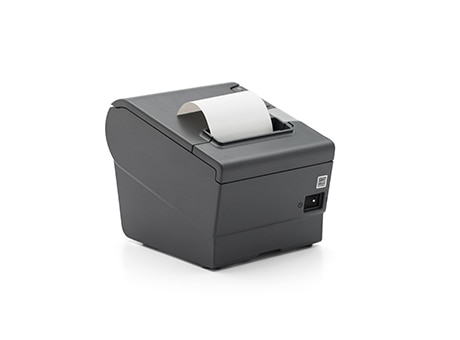For the most part, charitable organizations survive because of the generous donations they receive. Under Canadian donation tax receipt rules, qualified donees, including Canadian registered charities, can issue tax receipts to donors. These receipts give charities a great fundraising advantage because they let donors receive generous tax credits for their donations, depending on the province in which they live. But be aware that strict rules govern how you issue receipts when you register a charity in Canada.

Canadian Charities Donation Tax Receipt Rules
Donation Rules for Charities
Your registered charity must consider whether someone makes a donation, and if so, you must determine the correct amount. This may seem like a straightforward issue, and it is for those cases when your registered charity receives a simple monetary gift. Donation rules for charities get murkier for the donation of goods, services, and arrangements that resemble donations but don’t quite fit the bill.
Canadian courts define a donation as a voluntary transfer of property without receiving anything in return. Requiring that someone transfer property excludes gifts of services. Volunteers who donate time to help your registered charity can’t receive tax receipts for the value of the time they donate.
In Kind Gifts and Fair Market Value
For other gift in kind receipts, your registered charity has an obligation to determine the donation’s fair market value and issue a receipt based on that value. The Canada Revenue Agency (CRA) defines fair market value as the highest price the property would bring between a willing buyer and a willing seller operating in an open, unrestricted market where the parties deal independently of each other. For gifts with a value above $1,000, the CRA suggests registered charities get independent valuations from independent appraisers. If your charity’s donor does receive an advantage in exchange for the donation, your charity can issue a receipt for the difference in value if the advantage equals less than 80% of the donation.
Guidelines for Issuing Tax Receipts
When your registered charity issues a tax receipt, it must meet specific requirements. All official donation receipts must:
- Indicate your charity’s name, address, and official CRA registration number in a clear fashion.
- Be dated, numbered, and identifiable. For example, you could number your charity’s 2018 receipts as 2018-001, 2018-002, 2018-003, etc.
- Include the CRA name and website address, which the agency changed to canada.ca/charities-giving.
Like other qualified donees, your registered charity must update all donation tax receipts by March 31, 2019. For cash gifts, the receipt must also clearly show the full name and address of the donor and the amount of the gift. Someone your charity authorizes must sign each receipt. If a donor receives an advantage in return for a gift, such as a sponsorship or use of a property, your receipt must describe the advantage.
Along with the other requirements, receipts your charity issues for gifts in kind must also include:
- The date your charity receives the gift.
- A brief description of the gift.
- If applicable, the name and address of the appraiser who issued the gift’s valuation.
Although the CRA doesn’t require it, it’s a good idea to send a thank you note to your donors when sending their receipts.
Donations to your registered charity enhance your ability to serve your community, so it’s important to keep those gifts flowing. By issuing donation tax receipts quickly and properly, you show donors your strong business practices and help them receive valuable tax benefits. While your registered charity doesn’t have to pay income taxes, QuickBooks Online can help you maximize your tax deductions. Keep more of what you earn today.